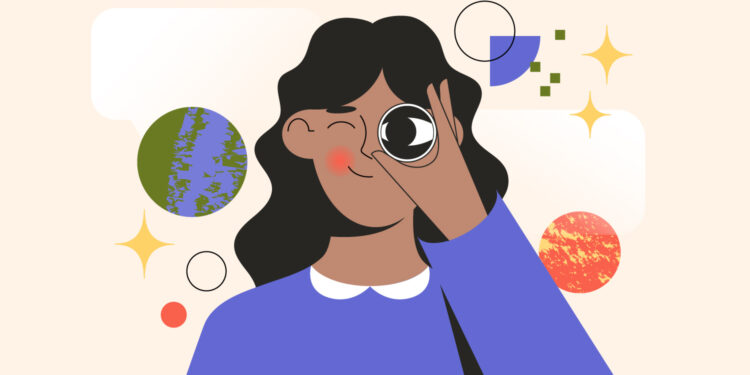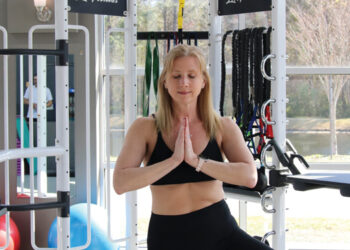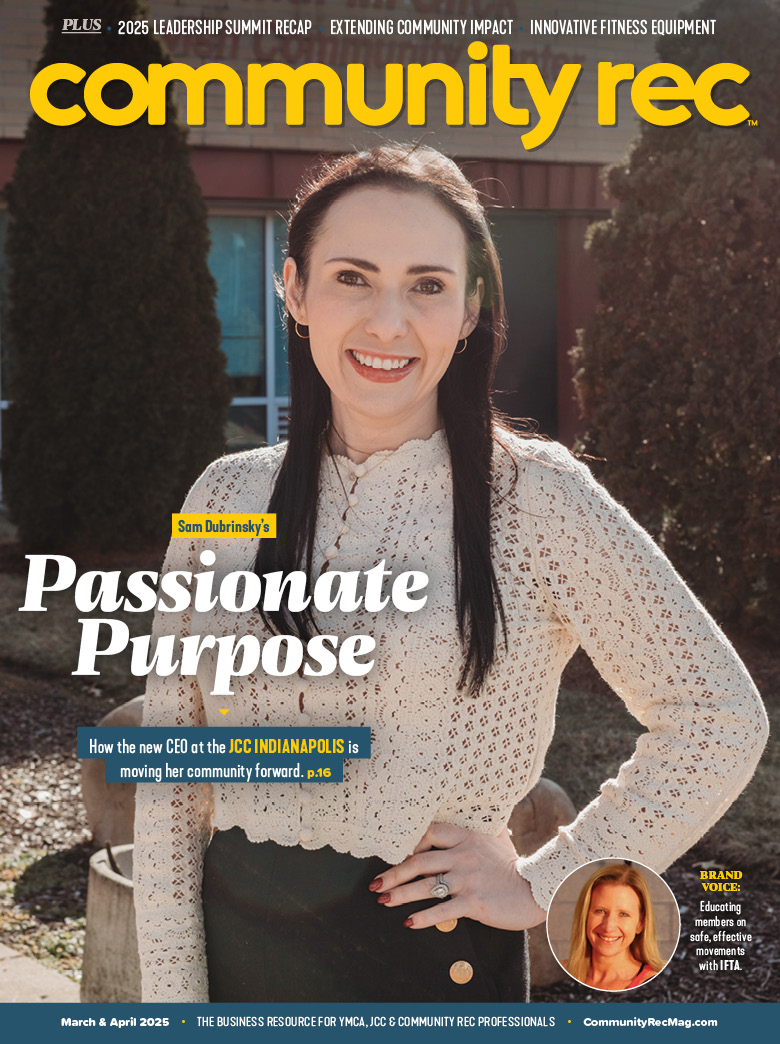How community rec centers can create real, impactful change through DEI initiatives.
DEI — three letters that have deep impact and meaning. Standing for diversity, equity and inclusion, DEI has been at the center of community rec centers’ missions for years and allows the industry to see local communities through a different lens.
But how can YMCAs, JCCs and community rec centers create real, impactful change versus just adding a blanket statement to their homepage?
For Lucria Ortiz, the president and CEO of the Yonkers Family YMCA and a self-employed DEI consultant, this work is two-fold: individual then organizational.
“First, nonprofits must look at the composition of their boards to understand whether each individual has a working knowledge of DEI and its application to governance, policy and operations,” said Ortiz. “Oftentimes our boards and staff have different understandings of this work, which can lead to more performance and less meaningful action. In addition, many YMCA boards lack true diversity, with people of color, women, LGBTQ+ and differently abled folks seriously underrepresented in governance. Various lived experiences and professional paths make for a good composition for a board, as you want a variety of voices at the table.”
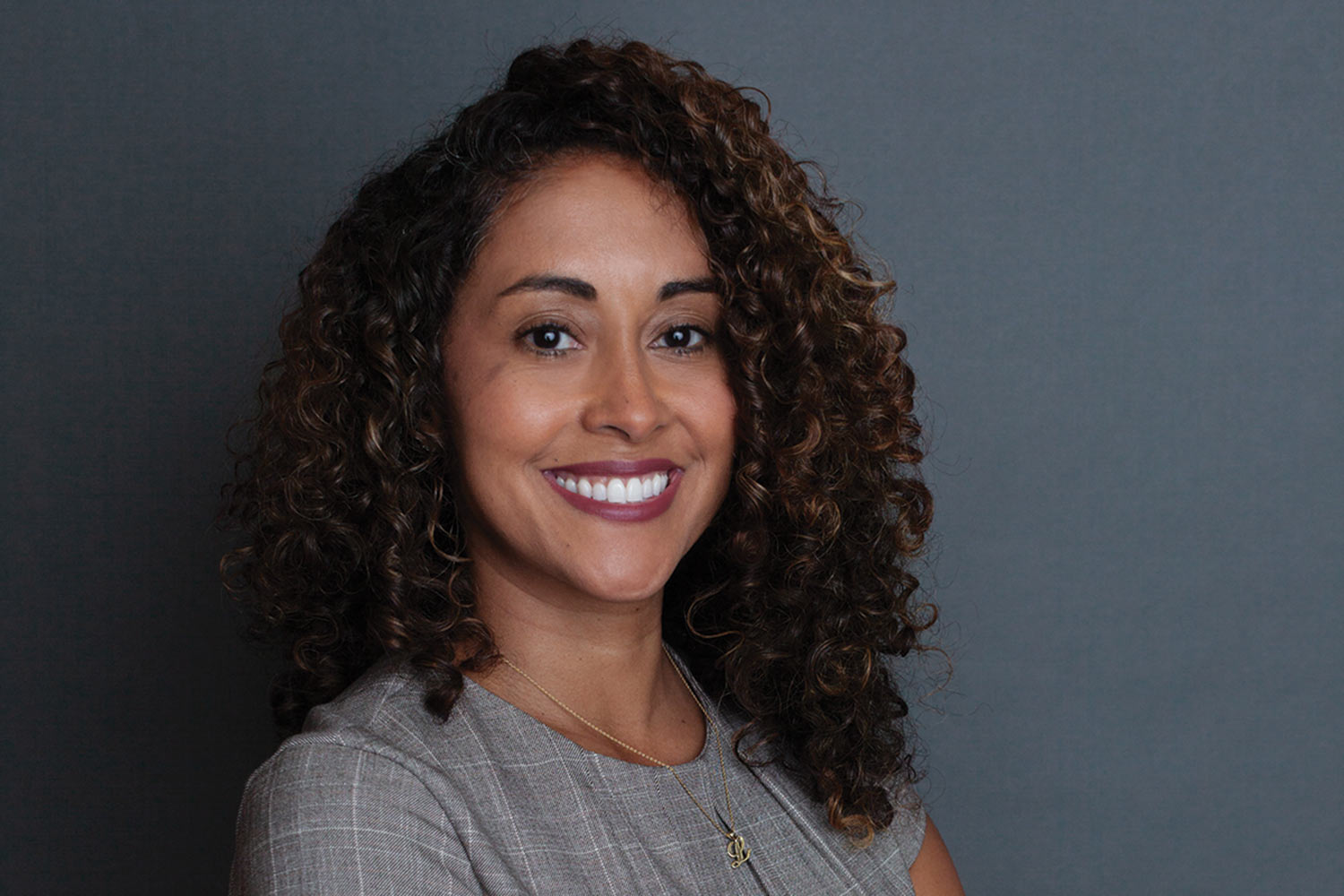
Ortiz said the board’s individual learning is also very important. This can be done through assessments, reading, training and frequent conversation that should lead to a strategy plan. However, she pointed out there is no one size fits all when it comes to DEI, but once your organization has made it an operational and business imperative, then you put community at the center of your strategy. “Take a deep look into all areas of your community and assess whether you are meaningfully serving all within your organization’s reach,” she said.
The city of Yonkers, New York, is very diverse. In addition, the YMCA sits in a low-income community that is changing quickly. Ortiz said the Yonkers Family Y is a strong community partner in the city.
“We do work daily trying to achieve equity for many as we know exactly who we serve and their needs,” explained Ortiz. “By achieving equity, we mean reaching those most vulnerable and giving them a hand the Y way. Our strongest initiatives relate to food insecurity and nutrition. Through our full-service kitchen we serve nearly 400 meals a day to all children who come through programs, seniors who exercise, residents who live in our building and anyone in the neighborhood needing a hot, nutritious meal.”
Alongside that, the Yonkers Family Y operates 13 community gardens throughout the entire city, run by volunteers and many youth — mostly immigrants and people of color. The Y teaches people how to grow their own food and understands more than ever they must meet people in their neighborhoods and give them the tools to better their health.
Meeting people where they are is crucial, and Francisco Townsend, the director of diversity, inclusion and global engagement for the YMCA of Greater Fort Wayne, said it’s also important for the YMCA to aid in helping the entire community be more inclusive.
“Our airport is called an international airport, but it doesn’t have anything in other languages — everything is in English,” said Townsend. “We like the word ‘international,’ but we really don’t do much to welcome and integrate those members who speak other languages or are coming from other places. If these types of places are more aware of how it feels to be in another country and in another culture, I think they can do a better job trying to integrate that foreign person into the community a little more.”
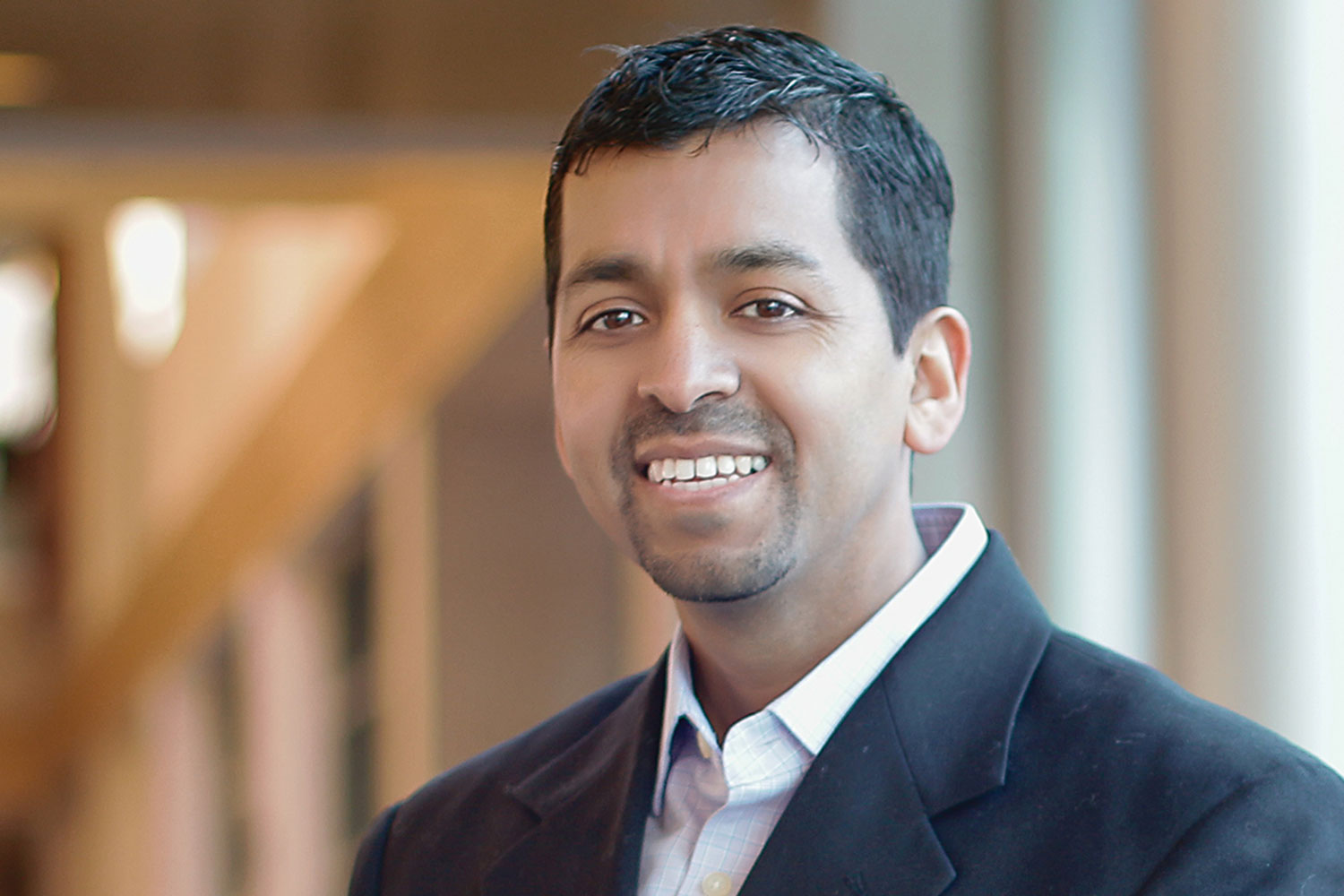
Townsend is aiding his community through their Welcoming Week — a chance for immigrants and U.S.-born neighbors to connect and celebrate what unites them as a community. The week is filled with opportunities and programs like a community-wide resource fair, educational discussions, first-time home buyer fair, food drives, cultural awareness training and more.
Cultural awareness training is a 2.5-hour long session where businesses in the Fort Wayne community can learn ways to enhance cross-cultural understanding, relationships and engagement among all members of organizations. Townsend said he offers the session on donations only. All money donated goes to a scholarship fund to send part-time staff or college students on one of the Fort Wayne Y’s service immersion trips.
“I use that money to provide scholarships for young adults to go abroad and see other cultures,” explained Townsend. “Because when they see something in a week or two weeks on a trip, they will develop and what they learn will help us to expand our work faster in our own community. There is an opportunity there to expand in what we do at the YMCA to our partners in the community — finding that training and then helping them so we can all be on the same page.”
Ortiz agreed cultural competence — the ability to understand, appreciate and interact with people of cultures different from our own — is the key to inclusion.
“For-profit industries understand this to be one of the major keys to success and staying relevant,” explained Ortiz. “We see this daily in retail and the things we buy, shows and movies we watch, and media we consume. Community rec and fitness can be most inclusive first by ensuring they have staff of all cultures and walks of life informing the operations. The lived experiences of different people can inform equipment purchases, types of group exercise classes held, having certain swim caps available for different hair, etc. Once people see themselves in your facility through inclusive practices, they bring others.”
At the end of the day, Ortiz said DEI must sit as a priority at the leadership level. That means concerted time to educate all involved in creating the strategy — board and staff alike.
“Many nonprofits and businesses get out too fast making statements without doing the real work,” said Ortiz. “The real work is oftentimes hard, uncomfortable conversation because sometimes it involves those used to creating the strategy and making decisions ceding that to new people at the table. Centering new voices is exactly what organizations need to bring innovation, be inclusive and reach into the gaps in our communities. The real work is also hard because it takes time.”
Ortiz’s strongest recommendation for community recreation professionals to create impactful change through DEI is to seek partner organizations or consultants who can assess and guide you through the hard work.
“When done properly, a foray into DEI work can be among the most meaningful and fulfilling learning experiences a professional can have,” said Ortiz. “Seeing the world through the lens of another person is a gift.”


